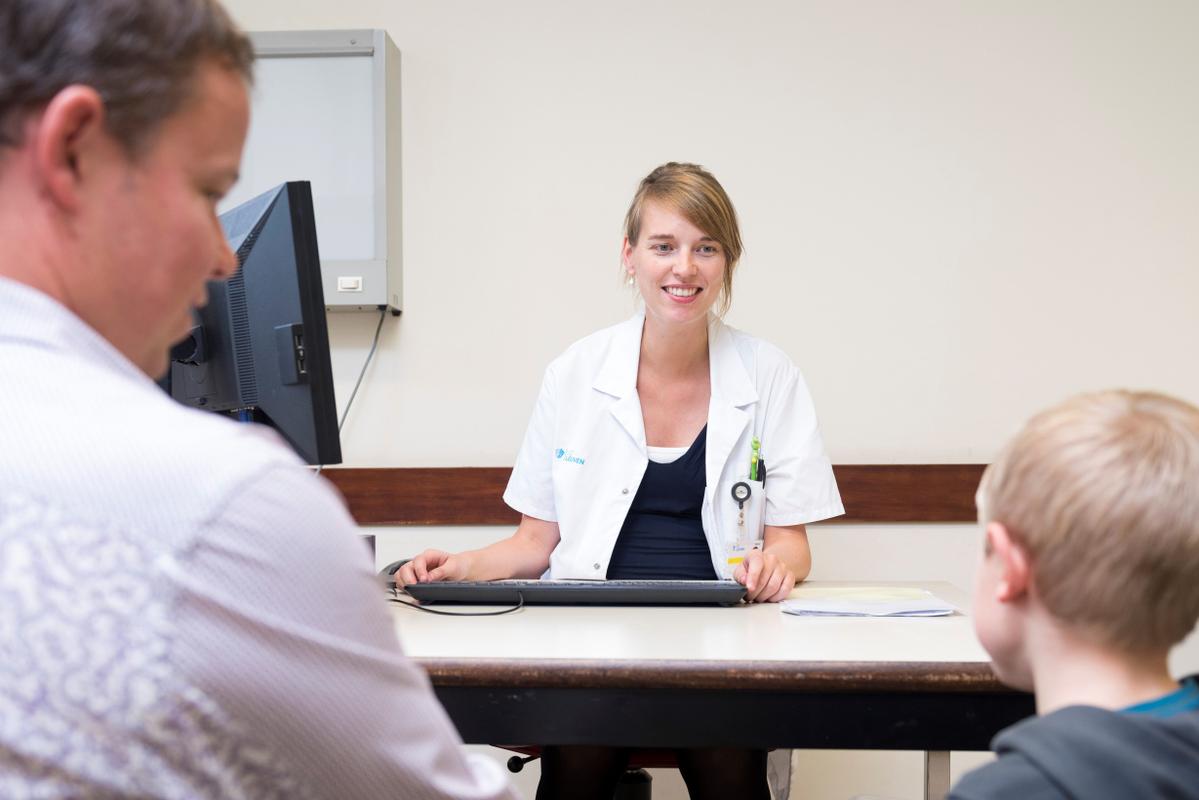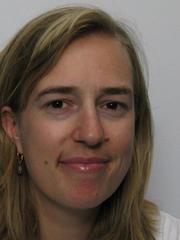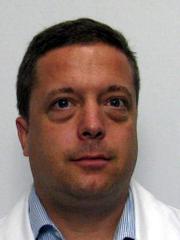Type 1 neurofibromatosis (NF1) and the Legius syndrome are hereditary disorders caused by mutations in two different genes. In both disorders, patients have the same type of pigmentations marks on their skin (café-au-lait spots), making the clinical distinction between the two disorders difficult.
Until recently, the American NIH diagnostic criteria were used for NF1. These criteria date from 1987 and don't allow a distinction between the two disorders, because at that time the Legius syndrome had not been discovered yet. In addition, little was know about the underlying genetic causes for both disorders.
It is important to come to a diagnosis at an early age, because NF1 is a lot more serious and requires careful follow-up. prof. dr. Eric Legius
prof. dr. Eric Legius
Prof. dr. Eric Legius, head of the UZ Leuven centre for human genetics: “However, it is very important to come to a diagnosis at an early age, because NF1 is a lot more serious: the disorder comes with subcutaneous nerve tumours (neurofibromas) that can turn malignant is some cases and require careful follow-up. A minority of the patients develop eye or brain tumours. They can also encounter cognitive problems or other clinical symptoms. The Legius syndrome is rather mild and usually causes no other complication apart from from the pigmentation spots.”
Consensus between experts worldwide
So the diagnostic criteria needed updating. To reach a worldwide consensus within all parties involved, prof. Legius' team invited more than 60 international experts – researchers, physicians, patient associations, patients and their families – to anonymously fill out a questionnaire and give an indication as to what extent they agreed with certain assertions about neurofibromatosis and its diagnosis. Prof. dr. Catherine Cassiman (ophthalmology) and prof. dr. Jaan Toelen (paediatrics) also participated for UZ Leuven.
A genetic test is informative, but not requirede for a NF1 diagnosis. The clinical findings remain important.
Prof. dr. Legius: “We were able to determine which clinical and genetic criteria are relevant today for the diagnosis of NF1. We agreed that a genetic test could be informative but not required, because these tests are not available or reimbursed in every country. What's more, genetic tests are not conclusive: in exceptional cases false positive results can occur. Clinical findings remain important. When there is no genetic fault in the NF1 gene but only the typical pigmentations spots, a genetic test can point to the Legius syndrome.”
Treatments
In April 2021, the European Medicines Agency approved the first drug for NF1. The medicine, selumetinib, works on the deviating molecular cell signals which are at the base of the disease. It can reduce the growth of the congenital neurofibromas and even shrink them.
The new diagnostic criteria play an important role in determining which patients will need intensive follow-up and qualify for medication. They will also help develop new, more effective treatments.


